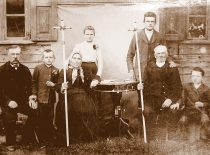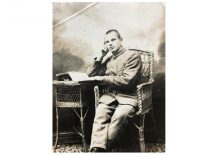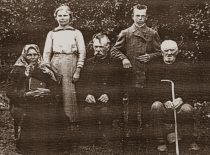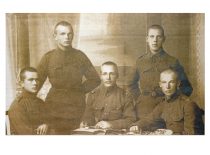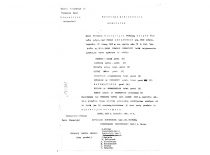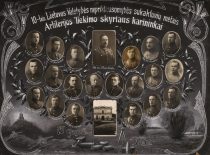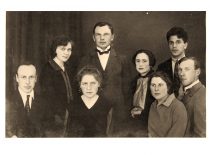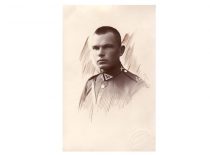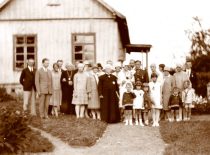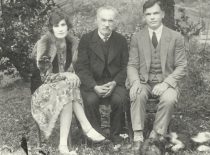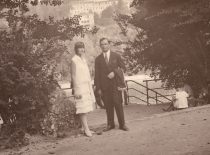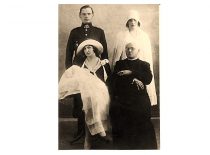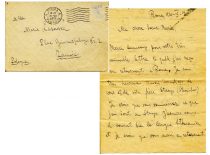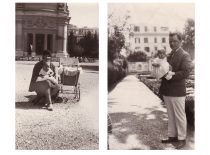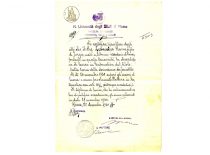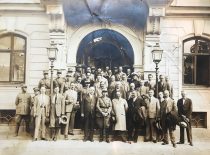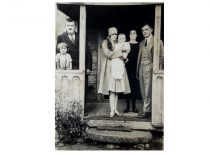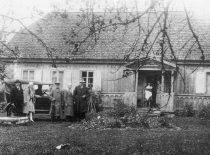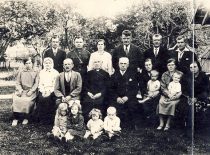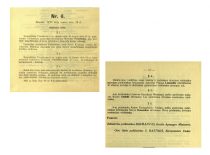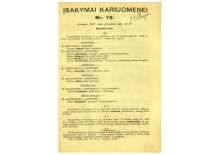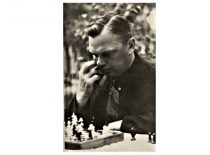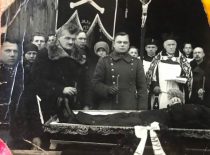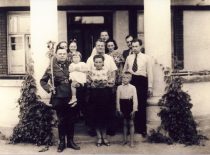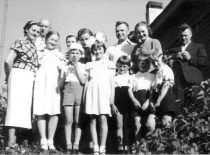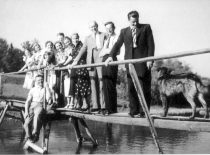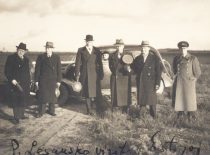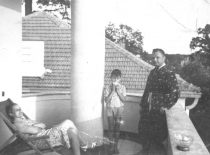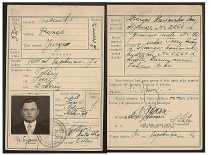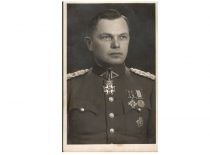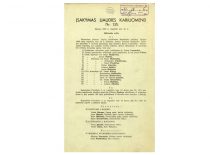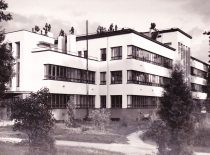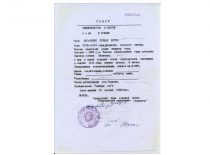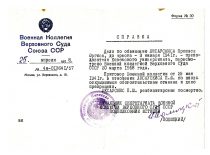Beginning of Military Service and Studies
17 November marks the 120th anniversary of the birth of the Colonel of the Lithuanian Army, Chief of the Armament Board, Doctor of Science in Mathematics Pranas Lesauskis. The young man was inclined to science; however, since he did not receive the approval of his father, he registered as a volunteer in the Lithuanian Army in the autumn of 1920. At the end of 1921, he graduated from the Military School and started service at the 4th Artillery Regiment. In 1922, he passed the final examinations at Kaunas I Gymnasium externally. In 1923, he was appointed to the Artillery Supply Division. Combining military service and studies, P. Lesauskis received the captain’s rank in 1925 and graduated from the Mathematics-Nature Faculty in 1927. In the same year, he was sent to study at Turin Artillery School in Italy from which he graduated in 1931. Simultaneously, he wrote a dissertation in mathematics “Sviedinių derivacijos teorija” (“Projectile Derivation Theory”) which he successfully defended at the University of Rome in 1930. He met his future wife Barbora Mėginaitė in Italy – she was the niece of the Canon Juozas Tumas Vaižgantas working at the Lithuanian Embassy – and married her in 1928. In 1930, their son Vytautas was born in Rome; his Godparents were Canon Juozas Tumas Vaižgantas and the wife of the Lithuanian Ambassador Valdemaras Vytautas Čarneckis Eleonora Čarneckienė.


